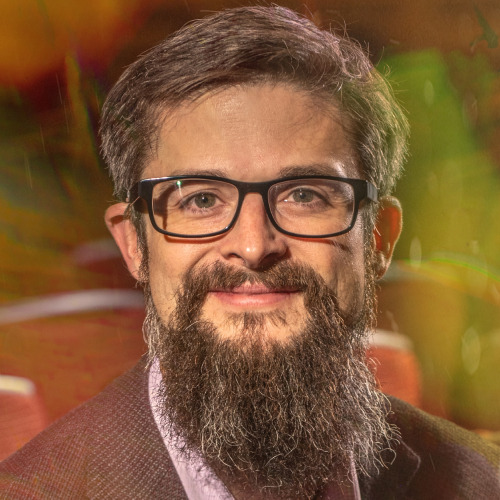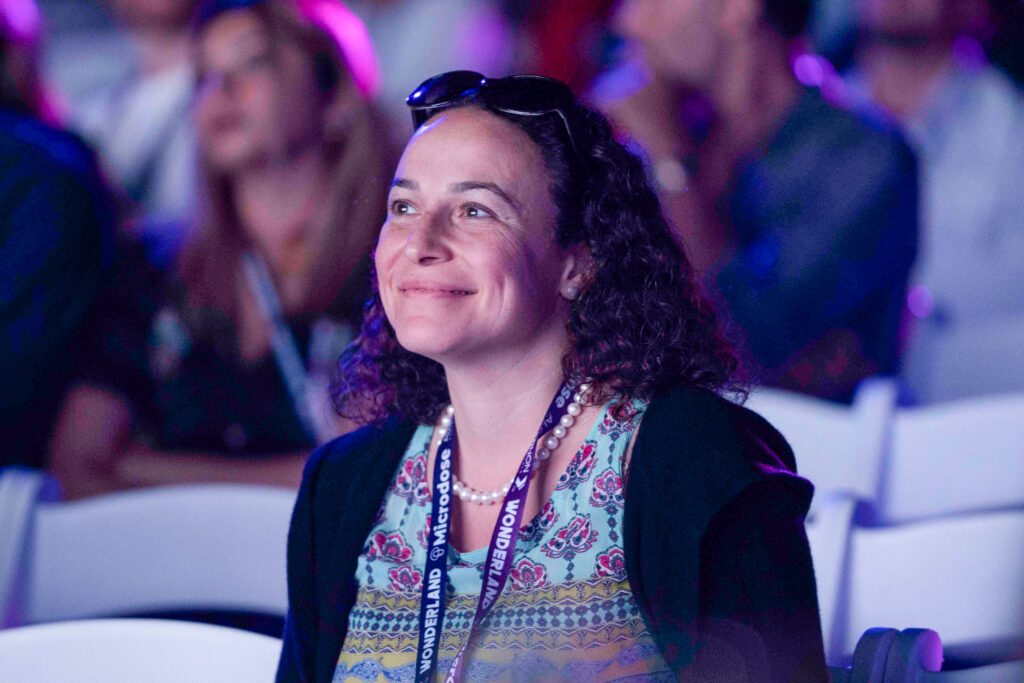Featuring Matthew Johnson.
9:40 am
Nov 9

Susan Hill Ward Professor of Psychedelics and Consciousness
Explore My Past Sessions
9:40 am
Nov 9
4:10 pm
Main Stage
Nov 5

The premier global event in psychedelics, mental health, and longevity is coming back for a third year! Join us for three days of exploration into the future of wellness.

Relive the enchanting moments from last year’s Wonderland conference in our captivating recap video, showcasing thought-provoking keynotes, immersive workshops, and unforgettable after parties that fostered a vibrant community of visionaries and pioneers. Experience the magic and inspiration that awaits you at this year’s conference.
We’ve packed Wonderland full of experiences, enjoyment, and amazement. Our goal is to offer much more than the traditional event; it’s to offer connection and community. Whether that comes through yoga, workshops, comedy, soccer, handshaking, games, or artistic expression—well, we’ll leave that up to you.
No matter your interest or education level, we have programming content to fit your background and experience.
Explore enlightening workshops from a wide range of experts, with CE accreditation options available on select seminars. Explore integration, psychedelic-assisted therapy, or enlightening your relationship.
*Not all workshops are free, some require additional tickets. But we have at least 5 free options with more coming soon.
Energize and harmonize your body, mind, and spirit with our rejuvenating morning yoga, designed to kickstart your day with intention and positivity. Throughout the day you'll experience wellness sessions and workshops to continue your journey.
Introducing a 15,000 sq. ft. collaborative art exhibition! Without giving too much away, Wonderland's Experience Floor will be designed to resemble the outlines of a Psychedelic Village, which can be collaboratively painted by attendees. What would be your contribution to the future of wellness?
This hilariously heady event highlights Shane’s personal psychedelic experiences and examines the history, science, and culture of psychedelics … but wait, there's more! It's also accompanied by a vivid display of mind-blowing visuals and custom animations that back the entire performance from Michael Strauss.
We've rented a field about a 5-minute walk from the hotel from 11am-5pm on Sunday (the day after the conference) for people to come relax, get some exercise, and enjoy some play time before heading back to reality.
This year, we’ll be adding The Playground, an area with a number of games for people to play. Each time someone wins a game, they will be able to donate $1 to one of five pre-selected nonprofits. At the end of the conference, Wonderland will be donating lump sums to the five organizations based on the selections of attendees.
We're working with select brands to offer a range of different merch, as well as exclusive products not available anywhere else on the planet.
We'll also have signings, with—you guessed it—the opportunity to get signed copies of your favorite books.
Get ready for a night of celebration, entertainment, and connection as we watch the sunset over the gardens of Miami. The Awards will take place early Thursday evening and will open up with cocktails and mingling, followed by comedy and the awards ceremony, ending with music and outdoor games.
We've designed a hidden, interactive scavenger hunt—or better yet, an Experience Hunt 🪐—that will take place over the course of our 3-day event. It’s meant to connect you with your mind, body, and soul in ways that you can integrate into your daily lives after the event. Who knows, there may be some prizes involved too.
Coming soon—use our mobile app for iOS and Android to connect with other attendees, create a personalized agenda, and learn more about the exhibitors and sponsors.
Subscribe to our email newsletter to be the first to hear official dates and exclusive launch sale prices (only available for a limited time).
Seize the opportunity to be part of the Wonderland experience by registering for tickets today. Secure your spot among fellow visionaries and pioneers as we explore the enchanting potential of psychedelic therapies, mental health, and longevity.